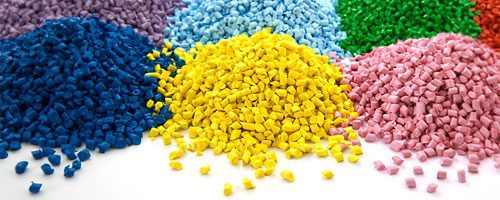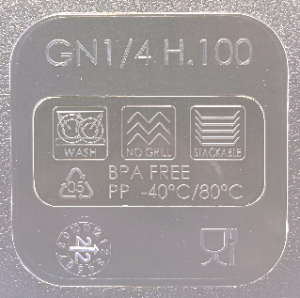NEUHEITEN

FCM TRACEABILITY APPLIED TO PLASTICS
Regulation (EC) No 1935/2004 was established in response to the need to harmonise at European level the legislation concerning materials and articles intended to come into contact directly or indirectly with food (FCM) in order to ensure a high level of protection of health and consumers‘ interests.
Article 2 of the Framework Regulation clarifies to economic operators that produce or sell FCM that „traceability“ means the ability to trace and follow a material or article through all stages of manufacture, processing and distribution. In concrete terms, it means that every actor in the production chain, starting from the supplier of raw materials up to the retailer, has the obligation to have systems, procedures and documentation in place that allow the identification of the companies from which and to which the materials and objects have been supplied (Art. 17).
MORI 2A GUARANTEES TRACEABILITY AT EVERY STAGE
Traceability is ensured by using an alphanumeric code commonly known as ‚batch or lot‚ determined by the granule producer, with the aim of easily identifying the raw material.

Each charge of raw material is recorded in the management system with all the information necessary to guarantee traceability, such as date, supplier, supplier order number, transport document number, quantity and batch, while the material certificate is specifically filed.
The batch of the material, through the production management program, follows the entire production process guaranteeing traceability at every stage. The finished product is provided with a mark indicating the month and year of production, instructions for use and the food symbol.
Finally, during shipment, the relevant batch is entered for each item on the packing list.
In this way it is possible to guarantee traceability throughout the product’s life cycle, ‚from cradle to grave‘.